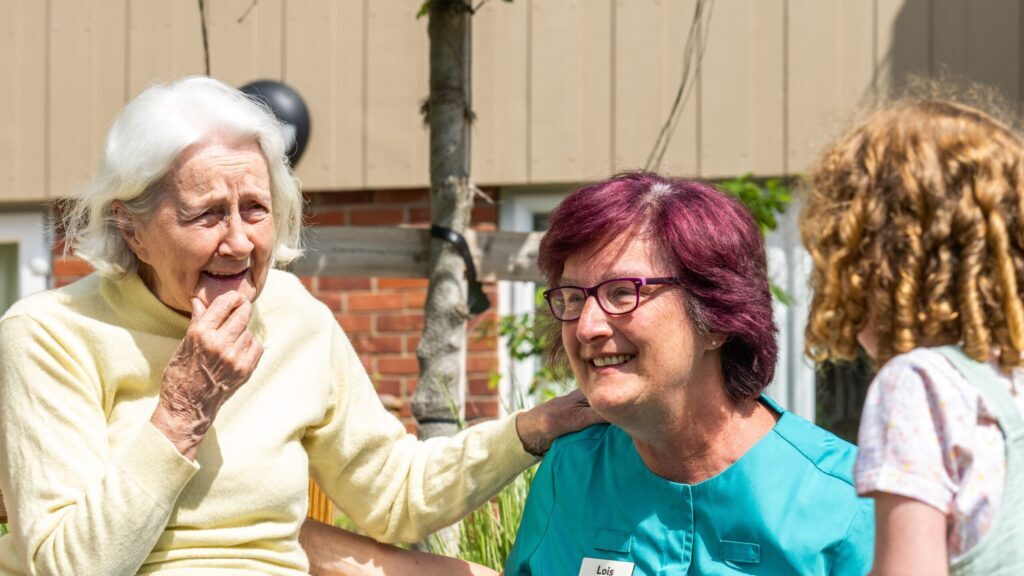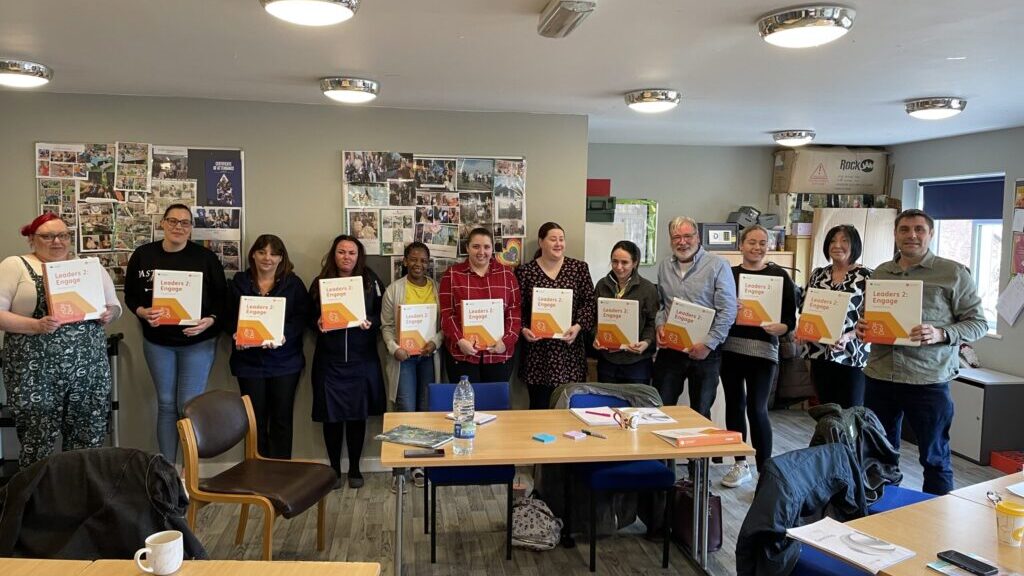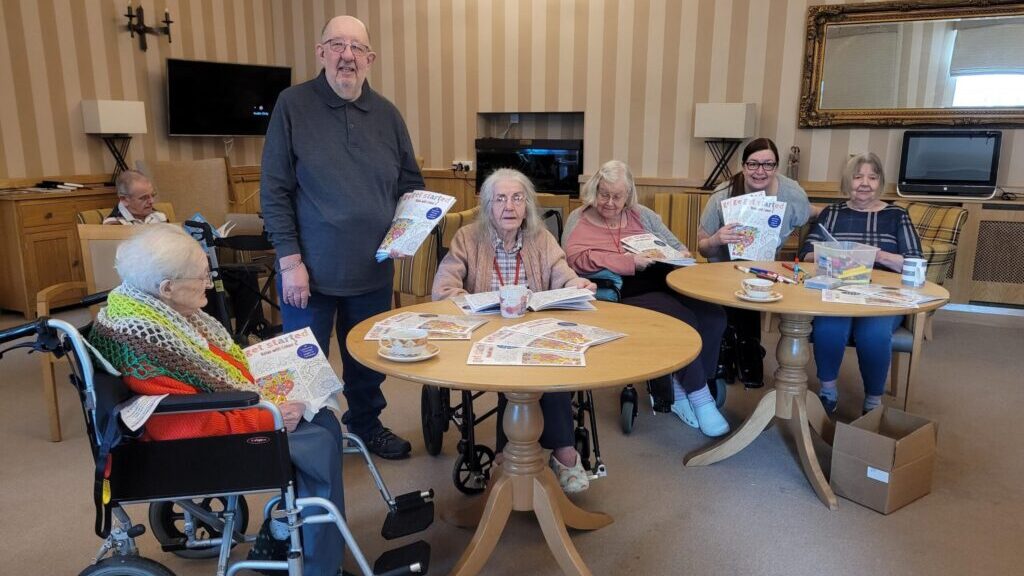Eight in ten adults believe dementia is still misunderstood

Eight in ten adults believe dementia is still misunderstood, according to research commissioned by Care UK.
The poll of 2,000 adults was commissioned as part of Care UK’s The Big Dementia Conversation, which has been launched in a bid to encourage people to have more conversations about the subject.
Suzanne Mumford, head of nursing, care and dementia for Care UK, said: “Dementia affects millions of lives, not just those diagnosed but also their families and friends. That’s why at Care UK, we believe supporting families and carers is just as essential as supporting the person living with dementia.
“By talking openly about it, we reduce stigma and create a supportive community.”
Over two-thirds (69%) of those polled said dementia was a subject not spoken about enough in society.
Almost three-quarters (73%) put this down to a lack of knowledge – with only 48% being aware it can cause affect a person’s personality and more (73%) associating it with memory loss.
Almost two-thirds (60%) said they weren’t aware those living with dementia could appear to develop a lack of social awareness, while a further 89% admitted they didn’t know it can also affect dietary preferences.
The survey also found less than a quarter of Brits would be comfortable talking about certain dementia symptoms, such as people making changes that go against their lifelong beliefs (23%), loss of inhibitions (23%) or expressing sexual interest more openly (15%).
The biggest misconception Brits feel about dementia is that it only affects people in their 60s or above, selected by 36% of respondents.
Only one in ten respondents, however, claimed to be very familiar with the signs someone may be experiencing dementia.
When it comes to learning more about the disease, 57% wanted to know more about the available support and care.
Exactly half (50%) would be interested to learn more about the timeframes of the illness, and how long it takes to fully develop.
The research also found 31% would be more willing to talk about their finances than potential dementia.
Around a quarter (24%) would prefer to discuss their general mental health, and 23% would rather chat about relationship issues.
And while 61% think conversations around mental health have become more mainstream in recent years, only 21% feel the same about dementia.



